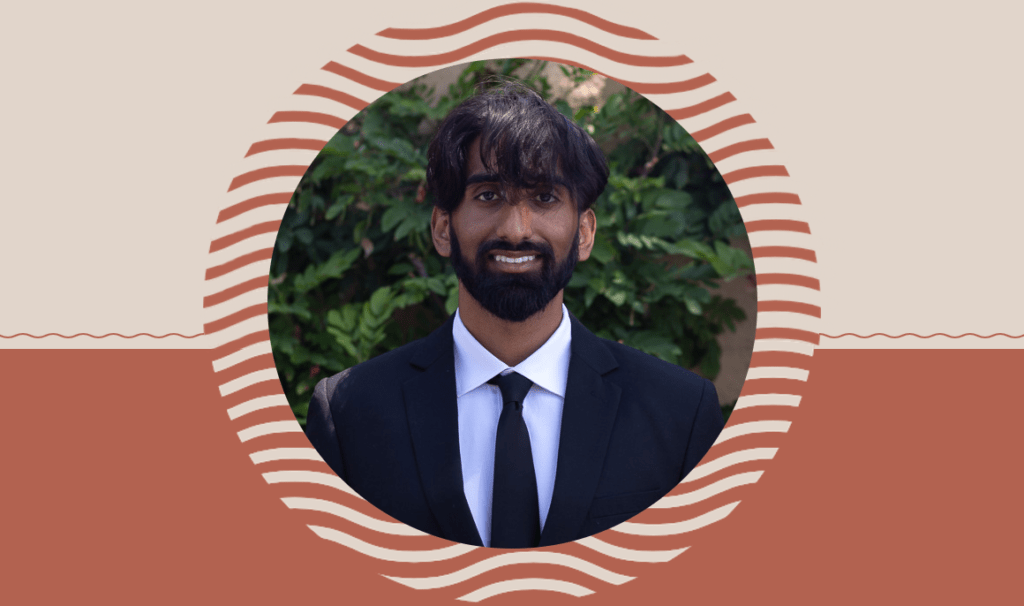
A Physical Therapy Student’s Advice to Incoming Students
As I enter the final year of my physical therapy program, I reflect on how swiftly the journey passed—and how so many of the challenges I once deemed never-ending proved to be transient. I ask myself why I spent numerous hours stressing over moments that were bound to pass. No matter how many times someone tells you that challenges are a part of life, it is difficult to internalize that message until you experience those obstacles yourself. After all, nothing equips you better for your future than your past. Throughout the course of my SPT journey, I learned a few lessons I wish I could teach to my past self. Here are the five things I wish I knew before starting physical therapy school.
1. Do not sacrifice your priorities.
It is easy to become so engrossed in your doctoral studies that you lose sight of your “why” and the weight that your values hold. I remember moments where I sacrificed time away from my friends and family to gain an extra hour or two of studying, just to take the exam the following day and realize those few hours amounted to nothing I did not already know. The unknown factor behind tests and practicals can force one to believe that any time spent not studying is time wasted—but that is simply not true. It is important to consistently recenter your focus. Recognize the importance of the people and values that you hold dearest and remember they are the reason you strive for greatness—not the certificate you receive at the end of the journey. No one will look back at their life and wish they spent an extra hour studying for an exam. They will, however, look back and wish they went out for one more dinner with their mother, or to meet their now long-lost friend at a coffee shop.
2. Seek out a community—and don’t be afraid to change it.
It is easy to feel lost entering a cohort of like-minded people. As with most students, this is likely your first experience spending time with so many aspiring clinicians in a single space, and you may feel lost or unsure of where you belong. Know that this is a near-universal new student experience. These feelings are exacerbated when you attend a school miles away from your family and friends, leaving you to navigate a truly new world.
Everyone is looking for companionship and a support system during their first year of school, so use this time to seek connections and find your people. The easiest way to seek out these relations is to arrange study sessions and figure out the studying styles and personalities with which you most resonate. It is normal, and quite common, to rotate amongst multiple study groups and friendships in the first few months of your program. Take advantage of this time to foster relationships that will support you both personally and academically.
3. When you are not sure where to start, start somewhere.
This is advice that I offer to many students who ask me how I study for multiple assignments and exams in a short period of time. Often, students become inundated with heavy workloads; they have so many assignments to juggle, exams to study for, and pieces of information to absorb that they crash and complete nothing due to their anxiety. I offer the opposite approach to this problem: if you have three tests to study for and two assignments to complete in the upcoming week, and you do not know where to start, do not spend time planning—just attack one of them. Sometimes the mere act of planning can produce feelings of stress and anxiety. In order to combat this, simply immerse yourself into your studies. My perspective is that this student must complete all five tasks within the week, regardless of how much time each project needs relative to the other. Therefore, starting with any one of them will ease their future workload. This mindset has allowed me to face my busy weeks and lifted the stress of having a “perfect schedule” off my shoulders.
4. Embrace your imposter syndrome.
Imposter syndrome is a phenomenon experienced by all physical therapy students and is especially prevalent during the first year of attending a physical therapy program. As you begin meeting people with different backgrounds, certificates, and education, it is easy to feel as though you are lacking or not as prepared to take on academic challenges as the other people in your cohort. Believe it or not, every other person is making those same judgments about themselves. Just as you might look at someone and wish you knew as much as them, someone else might look at you and wish the same. It is important to come to terms with these feelings rather than trying to avoid them, and find healthy ways to cope with them. You can read more about imposter syndrome from a physical therapy student’s perspective here.
5. Do not equate your victories to happiness.
Last but not least, I urge every incoming student to find joy and happiness in the smallest pockets of their journey. When people accomplish their goals after a series of sacrifices and hard work, they tend to equate their feelings of relief for happiness. Although there is value in the relief that follows an arduous journey, we cannot equate that feeling to happiness. If we do, we lend ourselves to believe that happiness is only attained after stress is lifted from us. As a student, you may reserve your happiness until midterms are over, or until your semester comes to a close. By doing this, you deprive yourself of the sweet moments that pass by in the most stressful of times. Learn to find joy in the late nights studying with your classmates while you are all half asleep, the FaceTimes with your family as they show you what they have been up to, and the YouTube videos you watch between your breaks. Do not allow your happiness to feel like a privilege, but rather as a necessity of your human experience.
As you enter this new chapter in your life, remember to take a step back and reflect on how much you have accomplished to reach this point. You have overcome challenges that once seemed insurmountable and will continue to do so as you progress through this journey.

